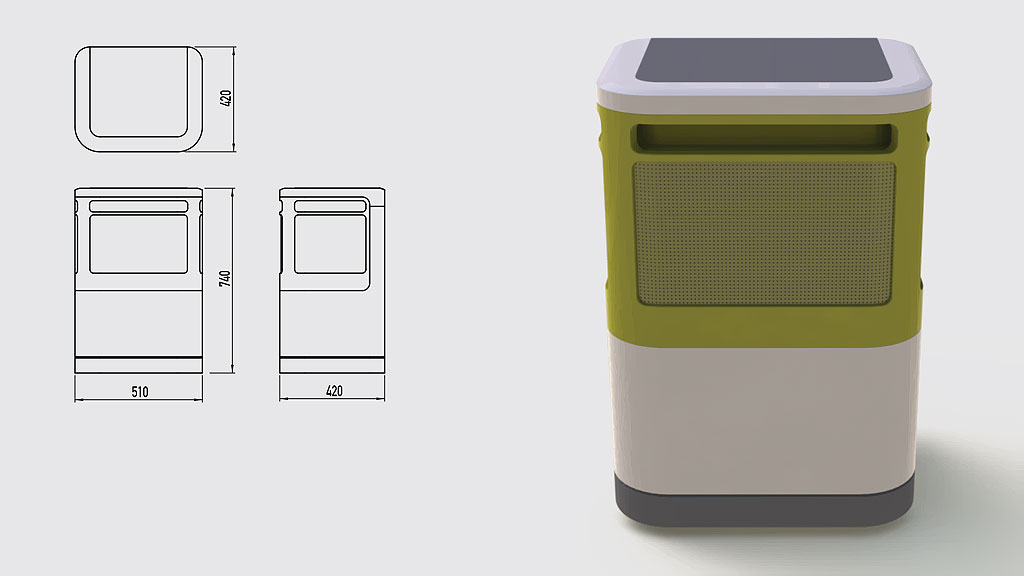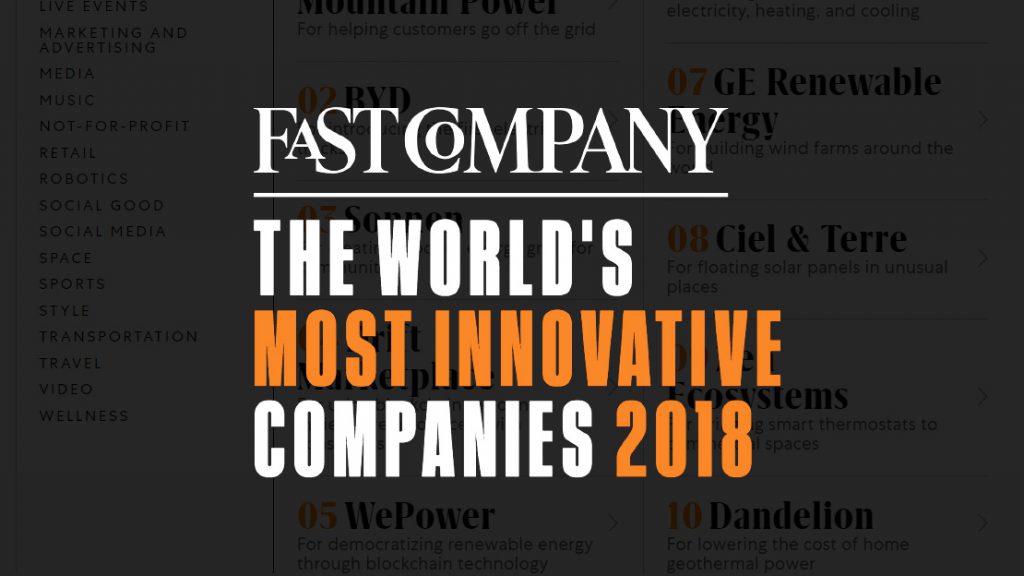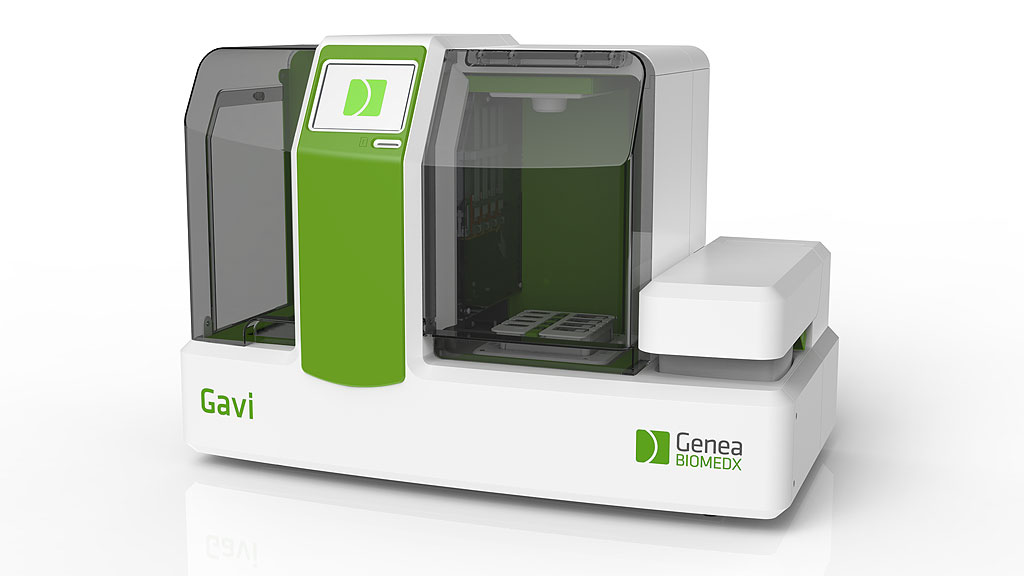
Generally speaking, hot water systems are pretty dumb devices. They heat when you don’t need hot water and often when electricity prices are at their most expensive. They have no memory or ability to learn that you don’t use hot water at certain times of the day. And most of them heat from the bottom up which means the whole tank gets filled with hot water, only to sit there most of the day and not be used.
With rising energy prices, and a move towards time-of-use tariffs, PI’s innovation team thought this problem demanded attention. What was needed was an intelligent hot water system for consumers that was a one-size fits all, stand-alone solution to simplify installation for plumbers.
The answer was a small, super-efficient heat pump water heater (HPWH) called ‘Cook’. With the global residential hot water market estimated at over USD $30 billion, the heat pump water heater segment is worth ~USD $2 billion. Heat pump hot water heaters work by transferring the heat in the outside air to the water stored inside the heater through a heat exchange system. Cook uses a smart control system with learning software algorithms to achieve a 30%-50% efficiency gain on existing systems. It also employs centrifugal fan technology to eliminate excessive fan noise problems, common to other HPWH systems. Finally, the system can heat water and then fill the tank from the top, drawing off only the water anticipated to be required by a household.
Our market studies revealed that for the solution to be successful it would need to be a small, self-contained unit capable of installation within compact dwellings and ideally be capable of being retro-fitted to existing tanks through a simple water-only connection. After a series of proto-type developments the Cook heat pump water heater was developed and ready for commercialization.
With two patent applications filed, the system will find a route-to-market through established channel partners and provide a viable alternative to conventional electrical hot water systems.
Whether you are interested in saving money or saving the planet, Cook provides a simple solution to a dumb problem that many of us are not even aware exists.








